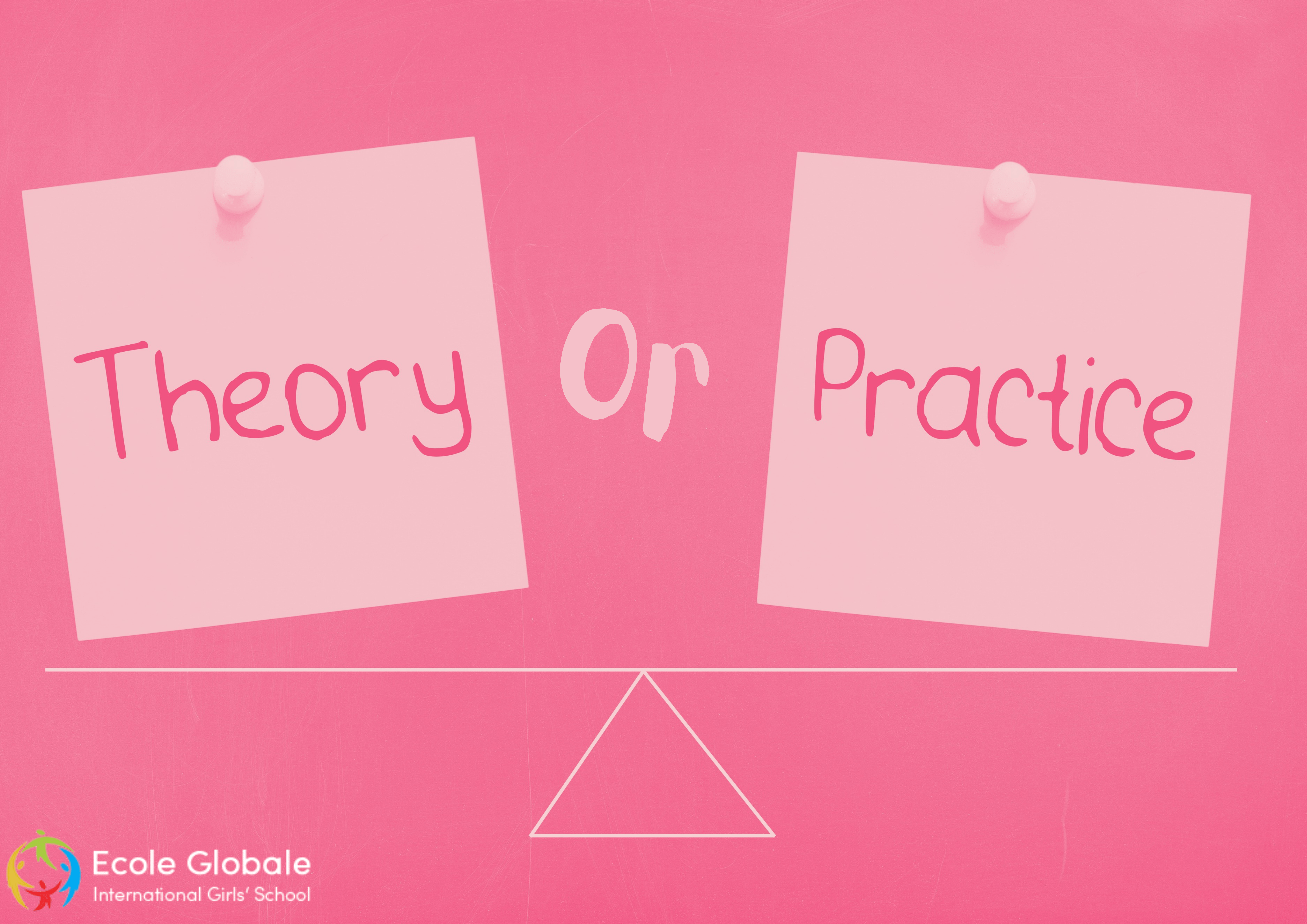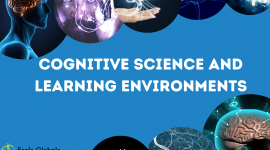The debate about theory versus practice has raged on for many years. Some people even think they’re mutually exclusive.
Theoreticians believe you should only believe in something by practical application. Practitioners believe that theory is a waste of time unless you have a working knowledge of what you learn.
This blog post is about helping you find the perfect balance between studying theory and practicing a language. We’ll advise you on what to do and explain where to practice.
It is better to have a broad knowledge of both.
In a world where we question whether it’s better to “know the theory or know how to practice,” we think it’s important to remember that the answer is: both!
That is because knowledge of both theory and practice leads to better outcomes. People argue that being able to think critically about your work (thesis) while also having the ability to execute what you’ve learned (practice) is key to success in any field.
An excellent example of this would be an actor who can analyze their work in terms of its underlying meaning while delivering lines effectively on stage.
As per research conducted by a top girls boarding school in India, theory and practice are both critical, but they’re also different. The approach is excellent for giving you an idea of what to do in a situation, but it isn’t always practical. Practice helps you get better at something by actually doing it, but sometimes it’s hard to see how the training will be helpful in real life.
The theory is not just reading and writing. It involves research and synthesis.
The theory is essential to learning, not just reading and writing. The approach teaches you how to analyze and build on a situation, while the practice is more about applying what you’ve learned to the real world.
Research improves comprehension and judgement. It is the most helpful instrument for comprehending the complexity of an issue, rejecting lies, upholding the truth, and building on to produce trustworthy and fundamental knowledge. Studying leads to better comprehension and improved decision-making skills.
Some most famous types of theories are as follow:
Comparative theory
Descriptive research uses case studies, surveys, grounded theory, ethnographies, and phenomenological studies to answer the question “what.” These techniques produce and evaluate explanatory hypotheses (Ngulube, 2018).
Researchers must first identify the laws, principles, and prevailing structures to comprehend how these systems function, evolve and interact with their surroundings. By describing an object or phenomenon’s conditions of appearance (of existence or change) and dimensions, descriptive theories try to explain it (the elements that constitute it). As they explain this, explanatory theories serve the function of factor seeking (Ngulube, 2018).
Examples include descriptive decision theory and contingency theory.
Relational theory
Relational theories describe connections between things like situations, people, and groups. Through quantitative approaches (surveys) and statistical studies, they evaluate the degree to which relationships between variables and empirical facts or data are supported. Relational theories are created in response to tested descriptive methods and explain what is occurring. 2018 (Ngulube)
as in the hypothesis of the glass ceiling.
Explanatory theory
The primary objectives of all rational inquiries and particularly scientific research are to provide a detailed explanation of a phenomenon, event, or natural or social behaviour under investigation and answer the question “why”. Questioning why something happened or a change occurred or why we do things in a certain way eradicates any confusion that originated from a lack of knowledge or a vague idea about a topic. It can be that we are uncertain about something. Experimental research generates and tests explanatory theories (Ngulube, 2018). They try the cause-and-effect relationships of a phenomenon and answer the question, “what will happen if” Davidof (2019) believes that explanatory theories serve as sources of testable causal hypotheses of events and situations that help understand complex, confusing events and conditions.
Examples of explanatory theories: are the theory of evolution, the FITT framework (Fit between Individuals, Task, and Technology), and static approaches.
It is advantageous to be able to conceptualize ideas.
It is advantageous to be able to conceptualize ideas. It allows you to create a framework for your thinking and helps you make connections between different concepts. For example, if I’m trying to solve a problem at work, I can come up with all sorts of solutions, but if I have no framework for evaluating these solutions, then it’s unclear which ones are any good.
Sometimes we have problems with how we see things or issues with ourselves and how we think about things, but if we can imagine something different, it can help us when we are trying to solve problems or find solutions.
It’s hard to learn theory without practice and hard to do the exercise without an idea.
Theory and practise are two things that go hand-in-hand.
You can’t learn theory without practice, and you can’t do the exercise without an idea.
The theory is the idea behind what we do. It’s why we do the things we do and how we approach those things. Practice is where we put our theory into action, and it’s where we learn how to do better.
A combination of both (theory and practice) is ideal.
Theory and practice are two sides of the same coin.
The theory is critical because it helps us understand how things work and how they interact with each other. But approaches alone can’t give you a complete picture of a system. The theory is like looking at an incomplete map in the desert: it helps you find your way, but it’s not enough to get you there.
Practice is essential because it gives us real-world experience—the ability to apply what we’ve learned in theory to actual situations. Practice without theory is like driving through the desert without a map: you’ll probably get somewhere eventually, but you’ll have to stumble around for a while before you find your destination.
Ideally, we want both theories and practice when learning about any topic or subject matter to get both the big picture and the details needed for successful implementation.
Conclusion
It would help if you were well-rounded when it came to learning.
In the end, it all boils down to your preference. Both theory and practice are essential, but you will likely benefit from one more than the other.
That doesn’t mean that you should neglect one in favour of the other; you should be well-rounded and try all out for yourself to see where your talents lie. It’s a lot of fun discovering which parts you enjoy learning!
For any queries related to parenting, schooling, or any student-related tips, click here to check out our latest blogs.









